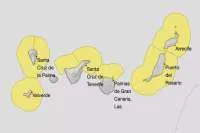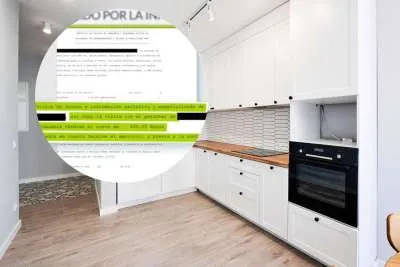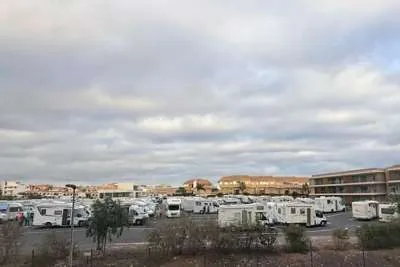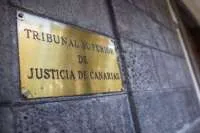New requirement for holiday lets in residential complexes from April 2025
- 04-01-2025
- National
- Canarian Weekly
- Photo Credit: Stock Image
From April 3rd, 2025, stricter regulations will apply to holiday lets in residential buildings and complexes. According to the new Organic Law 1/2025, published on January 2nd in Spain's Boletín Oficial del Estado (BOE), property owners wishing to operate holiday rentals within residential complexes must first obtain explicit approval from the community.
This approval must come from three-fifths (60%) of the property owners, representing three-fifths of the voting shares.
Previously, holiday lets were allowed as long as the activity was not expressly prohibited by the community in the original statutes. Now, as explained by Javier Valentín, a tourism law expert from Valentín Abogados, this change marks a significant tightening of the rules.
Changes to the Law of Horizontal Property
The reform, introduced through the final provision of the new law, amends Spain’s Ley de Propiedad Horizontal (Law of Horizontal Property) by adding section 7.3. It also revises Article 17.12 to empower residential communities to ban holiday rental activities with a three-fifths majority vote.
Notably, the changes are not retroactive, meaning existing holiday rentals compliant with regional tourism regulations, i.e. that have a VV licence, will not be affected. However, Valentín predicts that meeting the new requirements for approval will be highly challenging, effectively halting the establishment of new holiday lets in residential buildings. "This is another obstacle aimed at limiting holiday rentals in residential areas," he said.
End of 'Golden Visa' Program
The same law also marks the end of Spain’s "Golden Visa" program from April 2025. This program allowed non-EU residents to obtain residency by investing €500,000 or more in property.
Although the impact in the Canary Islands is minimal, with such visas accounting for less than 1% of the total, the law includes a transitional provision.
It ensures that applications submitted before the law’s enactment will be honoured, and visa renewals will follow the regulations in effect at the time of the initial approval.
These changes reflect a broader effort to regulate the balance between tourism and residential living.
Other articles that may interest you...
Trending
Most Read Articles
Featured Videos
TributoFest: Michael Buble promo 14.02.2026
- 30-01-2026
TEAs 2025 Highlights
- 17-11-2025



























































